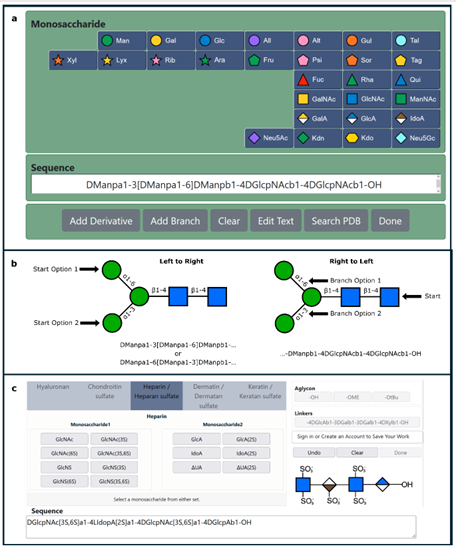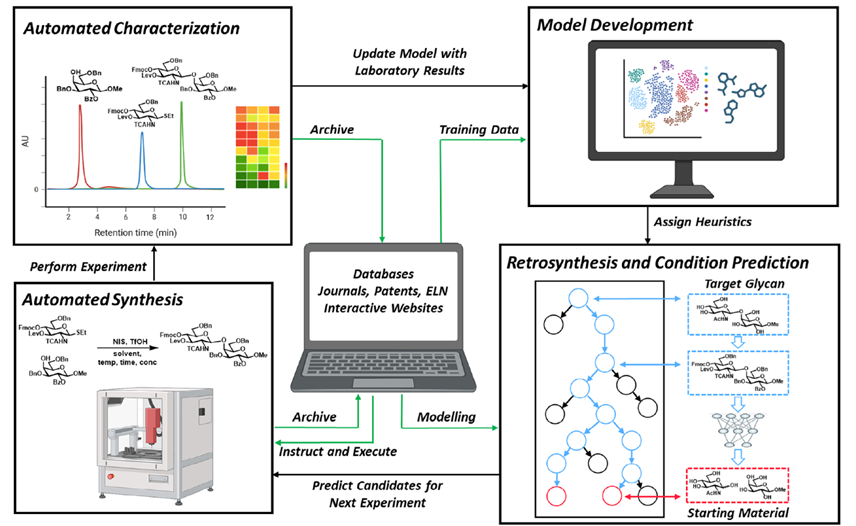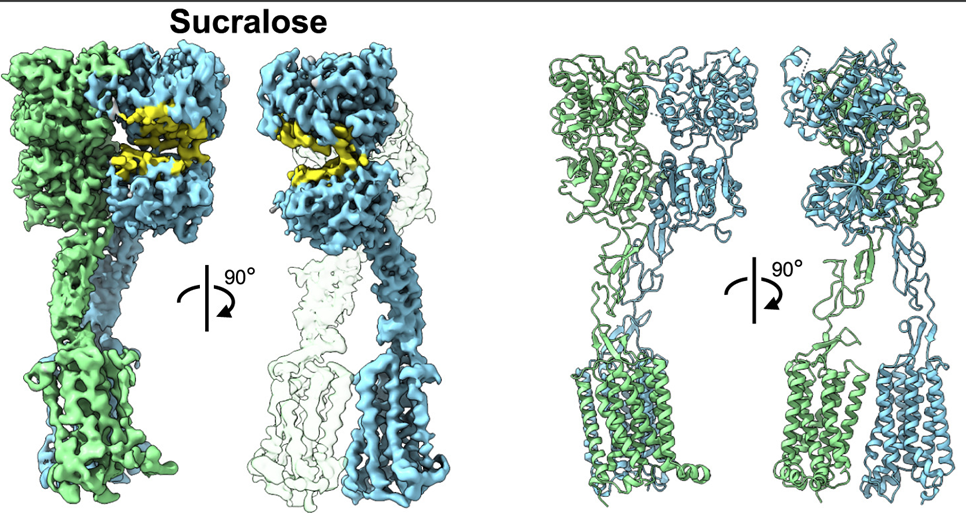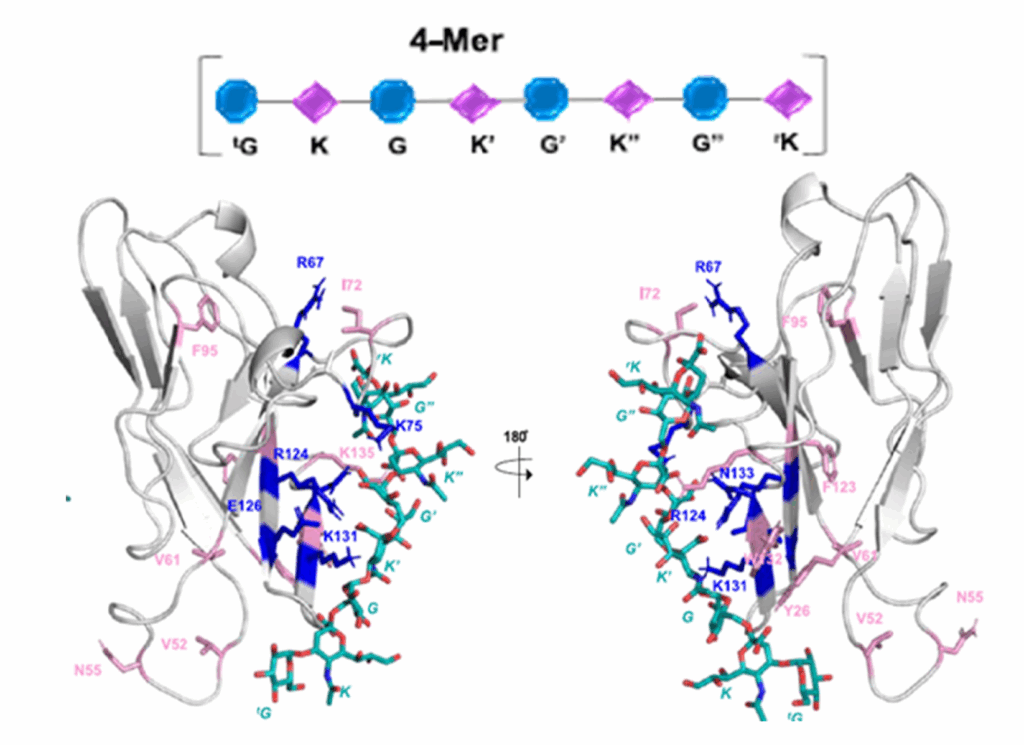Vaccines remain one of the cornerstones of preventive medicine, providing against a wide range of diseases by inducing humoral and/or cellular immunity. Among the many possible antigen candidates for subunit vaccine development, carbohydrates are desirable due to their ubiquitous presence on the surface of all living cells, viruses and parasites, and their known interactions with innate and adaptive immune cells. Several licensed vaccines use bacterial cell surface carbohydrates as antigens to induce antigen-specific plasma cells that secrete protective antibodies and the development of memory T and B cells.
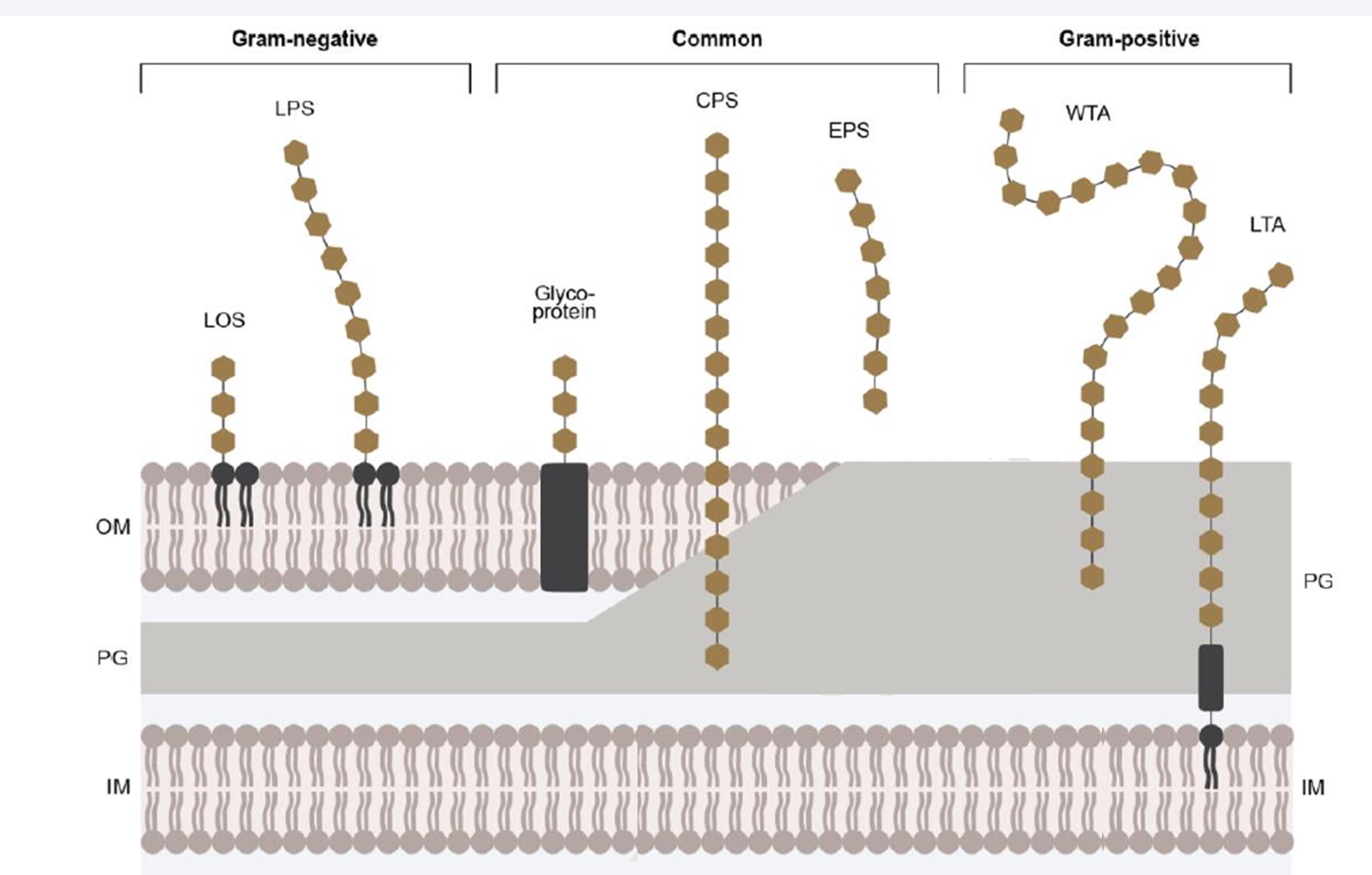
Carbohydrates have also attracted attention in other aspects of vaccine development, such as adjuvants that activate innate immune responses or target specific immune cells. In addition, carbohydrates can act as immunomodulators, dampening unwanted humoral immune responses against whole protein antigens or specific conserved regions on antigenic proteins. In this review, the authors highlight how the interplay between carbohydrates and the adaptive and innate arms of the immune response is guiding the development of glycans as vaccine components that act as antigens, adjuvants, and immunomodulators. They also discuss how advances in synthetic glycobiology are enabling the design, engineering, and production of this new generation of carbohydrate-containing vaccines.

